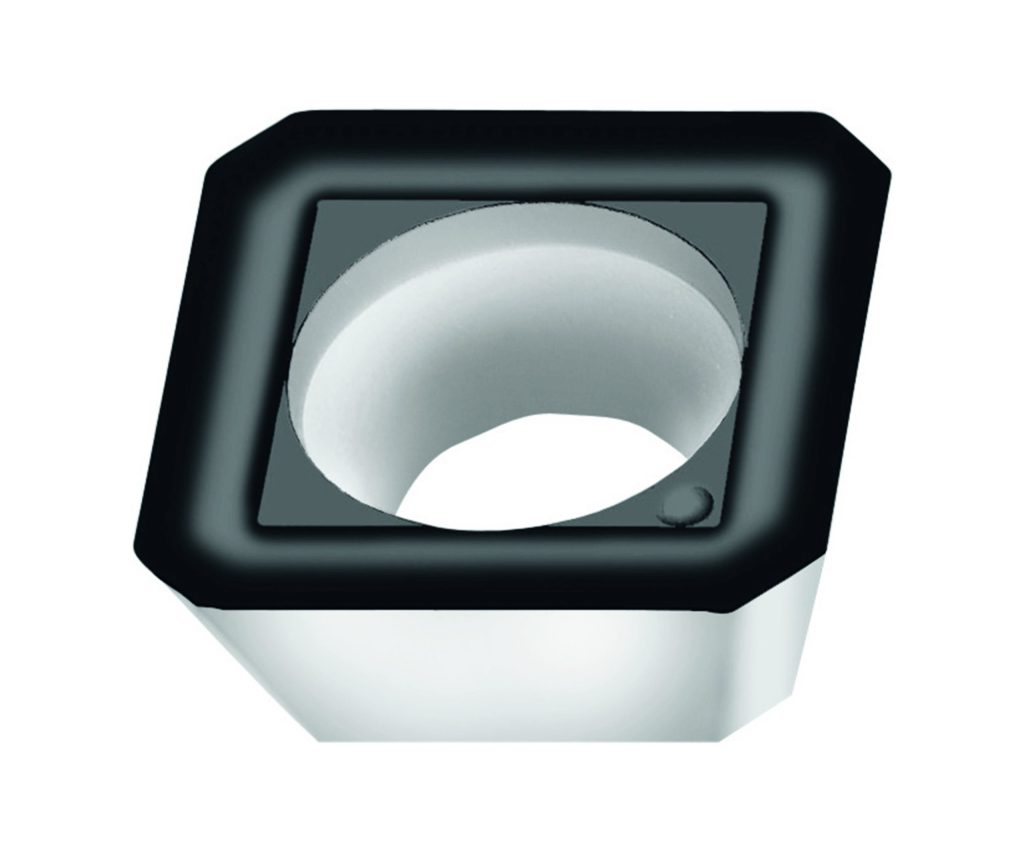Tiger-Tec Soliver Grade WSM45X Inserts
Tiger-Tec Soliver Grade WSM45X Inserts
Walter has introduced the Tiger·tec Silver grade WSM45X, creating an indexable inserts with high-temperature resistance, improved wear resistance, outstanding toughness, and exceptional hardness. These key features of inserts in the new Tiger·tec Silver grade WSM45X can boost performance by up to 67 percent over comparable tools, according to the company.

Walter has introduced the Tiger·tec Silver grade WSM45X, creating an indexable inserts with high-temperature resistance, improved wear resistance, outstanding toughness, and exceptional hardness. These key features of inserts in the new Tiger·tec Silver grade WSM45X can boost performance by up to 67 percent over comparable tools, according to the company. The special Tiger·tec Silver surface treatment coupled with Walter's high-performance substrate ensure maximum process reliability when working with materials that have difficult cutting properties, such as titanium alloys.
The new grade's unique coating enables users to increase their machining productivity, especially when using materials that are difficult to cut. The surfaces are also extremely smooth, which significantly reduce edge build up. In addition, the two-tone Tiger·tec Silver coating allows users to identify wear quickly and thus make sure that all cutting edges are used efficiently.
The indexable inserts in the Tiger·tec Silver grade WSM45X are available for all popular Xtra·tec and new M4000 face and shoulder mills, and the Walter F2334 copy milling cutter. WSM45X is suited to machining stainless steels (ISO M) and difficult-to-cut materials (ISO S). Typical components include exhaust-gas turbochargers, turbine blades and titanium frames for use in the aerospace industry.





